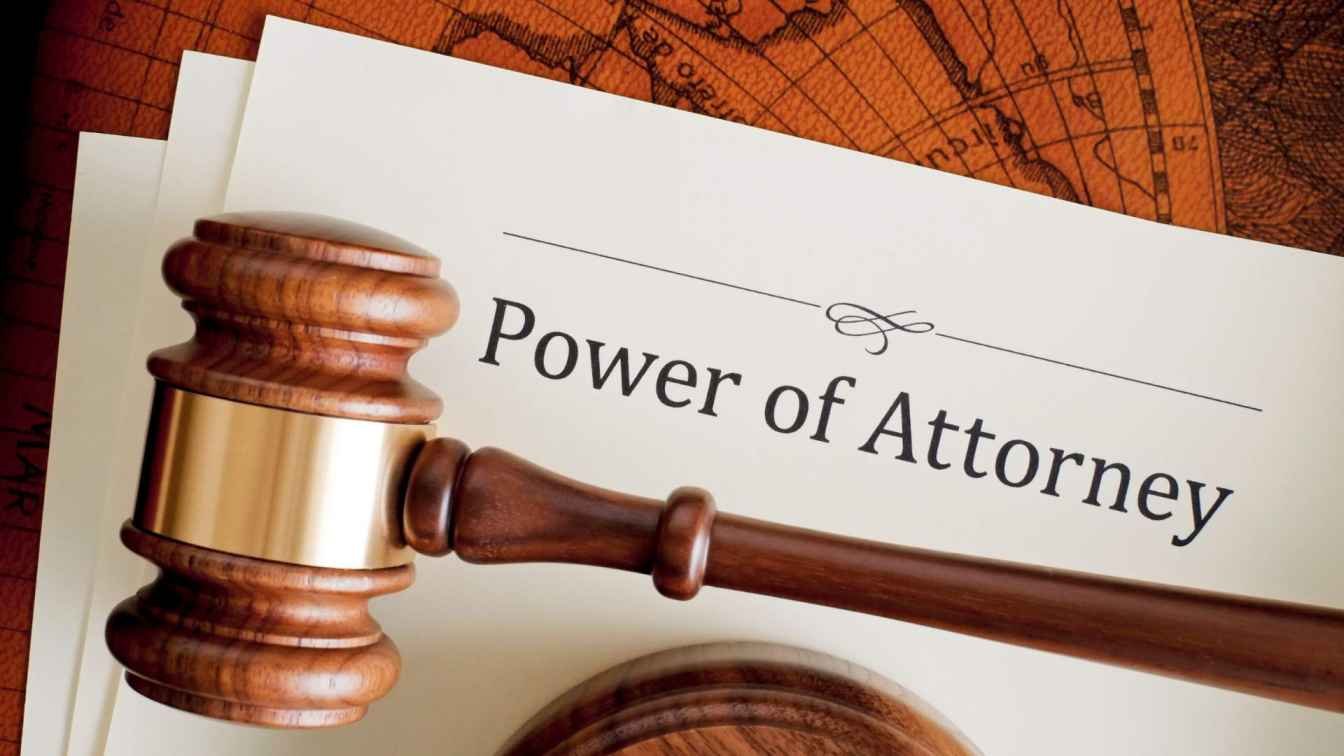Understanding the different types of Power of Attorney (POA) in the UK is crucial for planning ahead and ensuring your affairs are managed appropriately. Whether for temporary or long-term purposes, a Power of Attorney allows someone to act on your behalf in financial, health, or legal matters. This guide will explore the various types of POA in the UK, their uses, and how they differ.
1. Overview of Power of Attorney
A Power of Attorney is a legal document that grants authority to one or more individuals (known as attorneys) to make decisions on behalf of another person (the donor). It is used when a donor needs assistance managing their affairs or wants to plan for future incapacity.
2. The Main Types of Power of Attorney in the UK
The UK recognizes several types of POA, each designed to meet different needs:
A. Ordinary Power of Attorney (OPA)
- Purpose:
- For temporary or specific purposes, such as managing finances during travel or illness.
- Only valid while the donor has mental capacity.
- Scope:
- Covers financial and property matters only.
- Examples include managing bank accounts, paying bills, or handling property transactions.
- Key Features:
- Quick to set up and does not require registration with the Office of the Public Guardian (OPG).
- Automatically becomes invalid if the donor loses mental capacity.
B. Lasting Power of Attorney (LPA)
Introduced in 2007 to replace the Enduring Power of Attorney (EPA), LPAs are the most common type used for long-term planning.
- Property and Financial Affairs LPA:
- Purpose:
- Manages financial matters such as property transactions, investments, paying bills, and accessing bank accounts.
- Key Features:
- Can be used as soon as it is registered (if specified by the donor) or only when the donor loses mental capacity.
- Purpose:
- Health and Welfare LPA:
- Purpose:
- Grants authority to make decisions about healthcare, medical treatments, and daily routines.
- Includes life-sustaining treatment decisions if explicitly permitted.
- Key Features:
- Only comes into effect when the donor loses mental capacity.
- Purpose:
- Registration:
- Both types of LPAs must be registered with the OPG before they can be used.
- Safeguards:
- Requires a certificate provider to confirm the donor’s understanding and consent.
C. Enduring Power of Attorney (EPA)
- Purpose:
- Similar to the Property and Financial Affairs LPA but only covers financial matters.
- Key Features:
- EPAs created before October 1, 2007, remain valid but cannot be created now.
- Must be registered with the OPG if the donor begins to lose mental capacity.
3. Choosing the Right Type of POA
Selecting the appropriate type of POA depends on your circumstances and requirements:
- Temporary Needs:
- An Ordinary Power of Attorney is suitable for short-term situations where the donor retains capacity.
- Future Planning:
- Lasting Power of Attorney is ideal for comprehensive, long-term arrangements.
- Historical Cases:
- Enduring Power of Attorney applies only if it was created before 2007.
4. Key Considerations for Each Type
When setting up a Power of Attorney, consider the following:
- Mental Capacity:
- Ordinary Power of Attorney requires the donor to have full mental capacity throughout its use.
- LPAs are specifically designed for scenarios where capacity may be lost in the future.
- Scope of Authority:
- Clearly define the powers granted to attorneys in the document.
- Include specific instructions or restrictions if necessary.
- Choice of Attorneys:
- Select trustworthy individuals who understand your preferences.
- You can appoint multiple attorneys to act jointly or independently.
- Costs and Registration:
- LPAs require a registration fee of £82 per document.
5. Benefits of Each Type of POA
| Type | Key Benefits | Limitations |
|---|---|---|
| Ordinary Power of Attorney | Simple to set up; useful for temporary needs. | Invalid if the donor loses mental capacity. |
| Property and Financial LPA | Comprehensive financial management; can be used immediately or after losing capacity. | Requires registration with OPG; attorneys must strictly follow donor’s preferences. |
| Health and Welfare LPA | Enables healthcare decisions; ensures donor’s wishes are respected in medical settings. | Cannot be used until donor loses mental capacity. |
| Enduring Power of Attorney | Still valid if created before 2007; covers financial matters. | Does not include health and welfare decisions; no new EPAs can be created. |
6. How to Set Up a Power of Attorney
The process varies slightly depending on the type of POA, but the general steps are:
- Decide on the Type of POA:
- Consider your current and future needs.
- Choose Attorneys:
- Select individuals who are reliable and capable.
- Complete the Forms:
- LPAs require specific forms, which can be downloaded from gov.uk.
- Nominate a Certificate Provider:
- For LPAs, a certificate provider is required to verify the donor’s understanding and consent.
- Register the POA:
- LPAs must be registered with the OPG, which takes approximately 8-10 weeks.
- Use the POA:
- Once registered, attorneys can act according to the donor’s instructions.
7. Common Mistakes to Avoid
- Failing to Register:
Unregistered LPAs cannot be used. - Not Defining Powers Clearly:
Ambiguous instructions can lead to disputes or misuse. - Delaying the Process:
Setting up a POA early ensures it is ready when needed.
8. Legal Support and Resources
If you’re unsure which type of POA to create or how to proceed, seek professional advice. Solicitors and legal aid organizations can provide guidance tailored to your situation.
By understanding the different types of Power of Attorney available in the UK, you can make informed decisions to protect your interests and plan effectively for the future.

